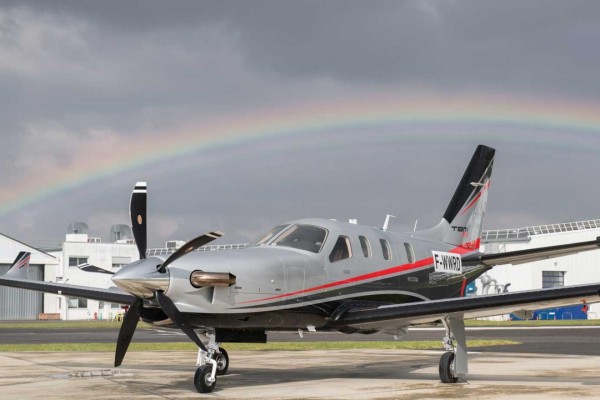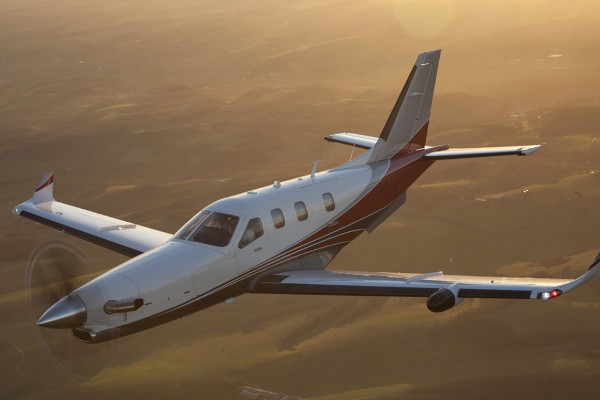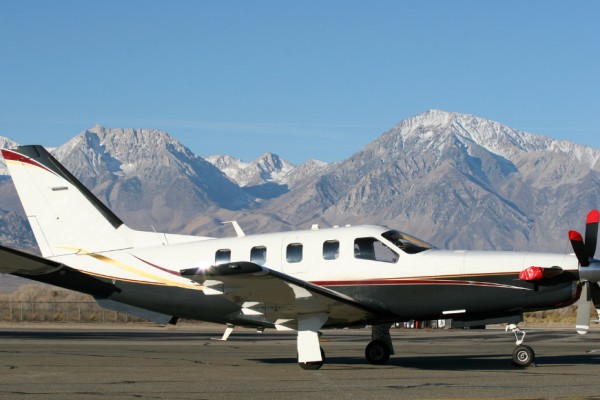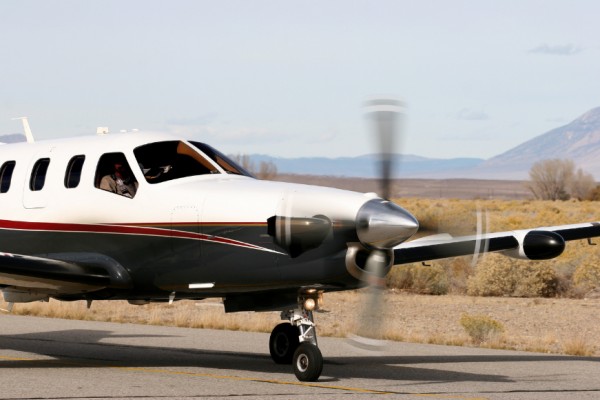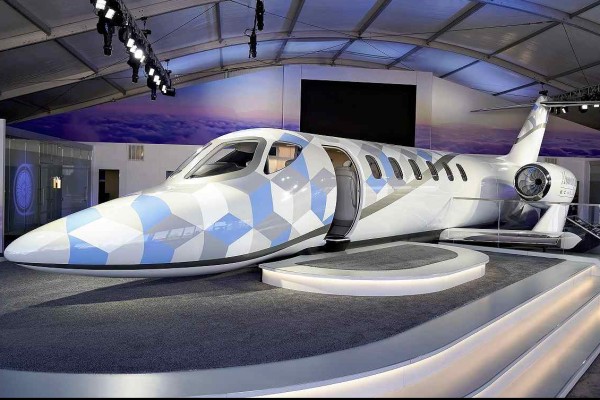- Civil Aircrafts
- 1 year before
Boeing 737 Adventure
We have compiled for you what to know about the Boeing 737 aircraft, which has become one of the most important aircraft in Civil Aviation
-

- 1 year before
- Category: Civil Aircrafts
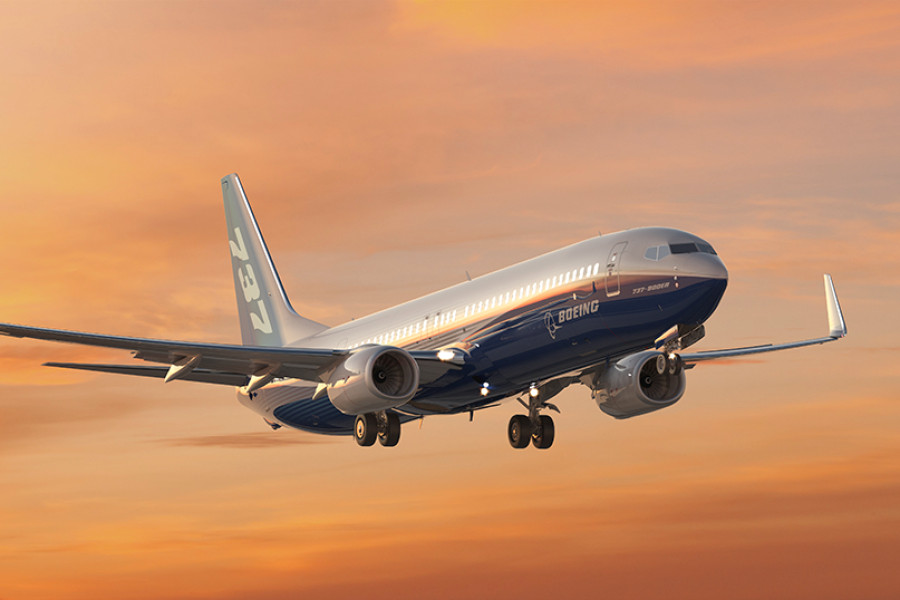
The Boeing 737 is one of the aviation industry's best-known commercial aircraft. Continuously developed since its first flight, the Boeing 737 revolutionized airline travel and became the most popular jet aircraft in aviation history. This article examines the history, technology, and impact of the Boeing 737, addressing the legacy of excellence in flight.
Historical Adventure
In the early 1960s
Evolution and Change
To meet different market requirements, Boeing has been expanding and expanding its 737 family over the years. The first significant upgrade was the Boeing 737-200, which had a longer fuselage and more passenger capacity. The 737-300, 737-400 and 737-500 had advanced avionics and more fuel-efficient engines known as the “Classic” series.
There have been significant improvements in
The recently launched Boeing 737 MAX series aims to push boundaries in terms of fuel efficiency, distance and passenger experience. The MAX is equipped with state-of-the-art technology such as more fuel-efficient engines, improved winglets and a modernized cockpit with the latest avionics and displays.
Flight Safety and Challenges
As a result of the Maneuvering Characteristics Augmentation System (MCAS) failure, the Boeing 737 MAX faced unprecedented challenges. These two tragic accidents caused the Boeing 737 MAX to face unprecedented challenges. These events have led to the emergence of safety concerns regarding the 737 MAX. In cooperation with aviation authorities, Boeing continued its efforts to improve the safety of the aircraft and resolve problems through software updates and pilot training programs.
Strengthening Global Connections
Boeing 737 has played a crucial role in connecting people, cultures and economies around the world.
Environmental Elements
Efforts to reduce the environmental impacts of the aerospace industry have prioritized sustainability in the development of Boeing's 737 MAX series.
Within the framework of all this development, the Boeing 737 transcended the boundaries of air travel and formed the basis of contemporary aviation. From its beginnings as a regional jetliner to its current status as a worldwide icon, the 737 is a lasting legacy that continues to inspire and influence the aviation industry. Despite facing challenges in the coming years, the 737 will remain an indispensable part of the skies because of Boeing's commitment to innovation, safety and sustainability. As technology advances and new frontiers emerge, there is no doubt that the Boeing 737 will maintain its position as a symbol of flight excellence and a worldwide provider of connectivity.

